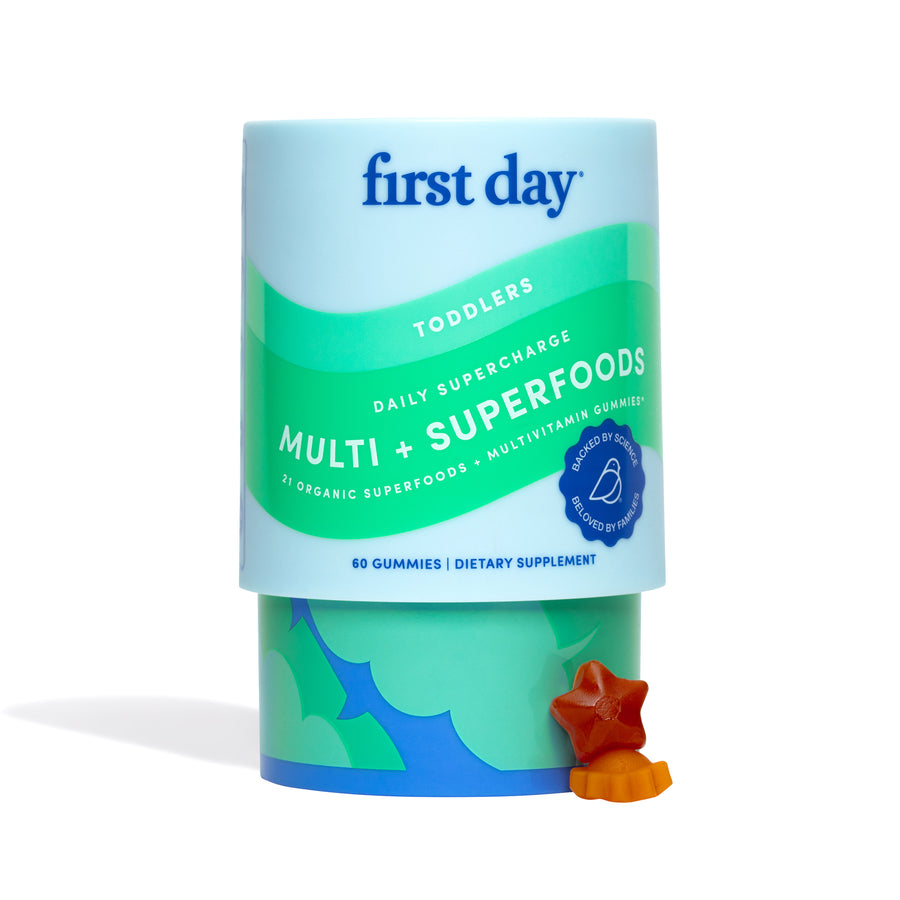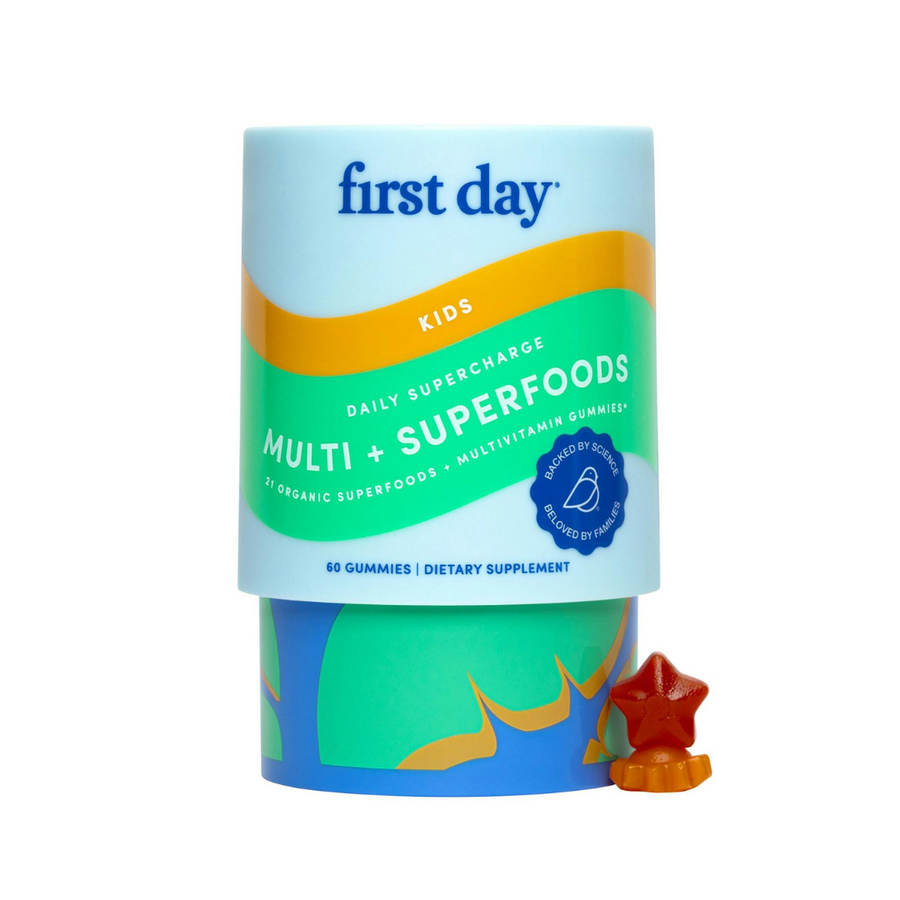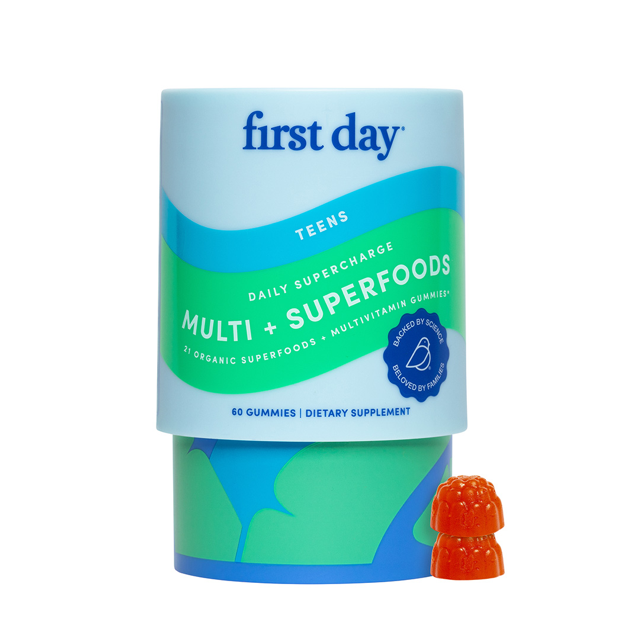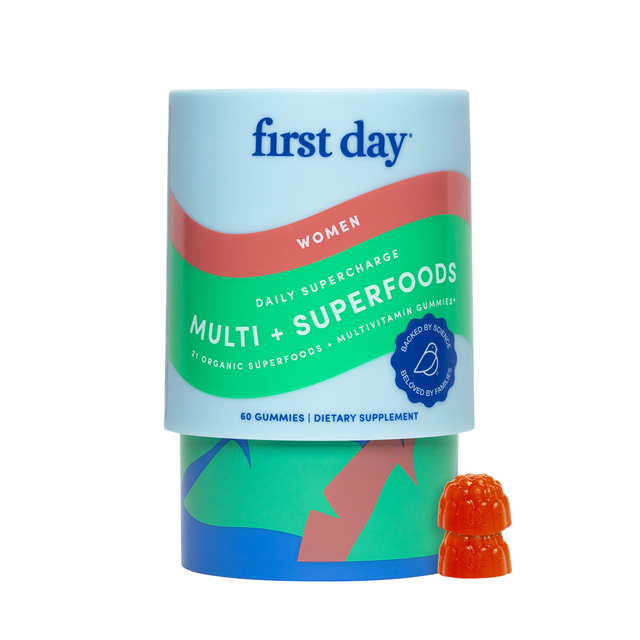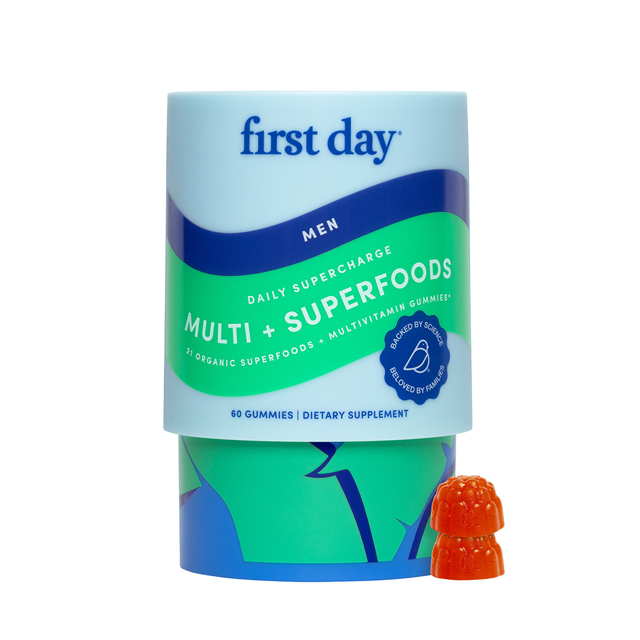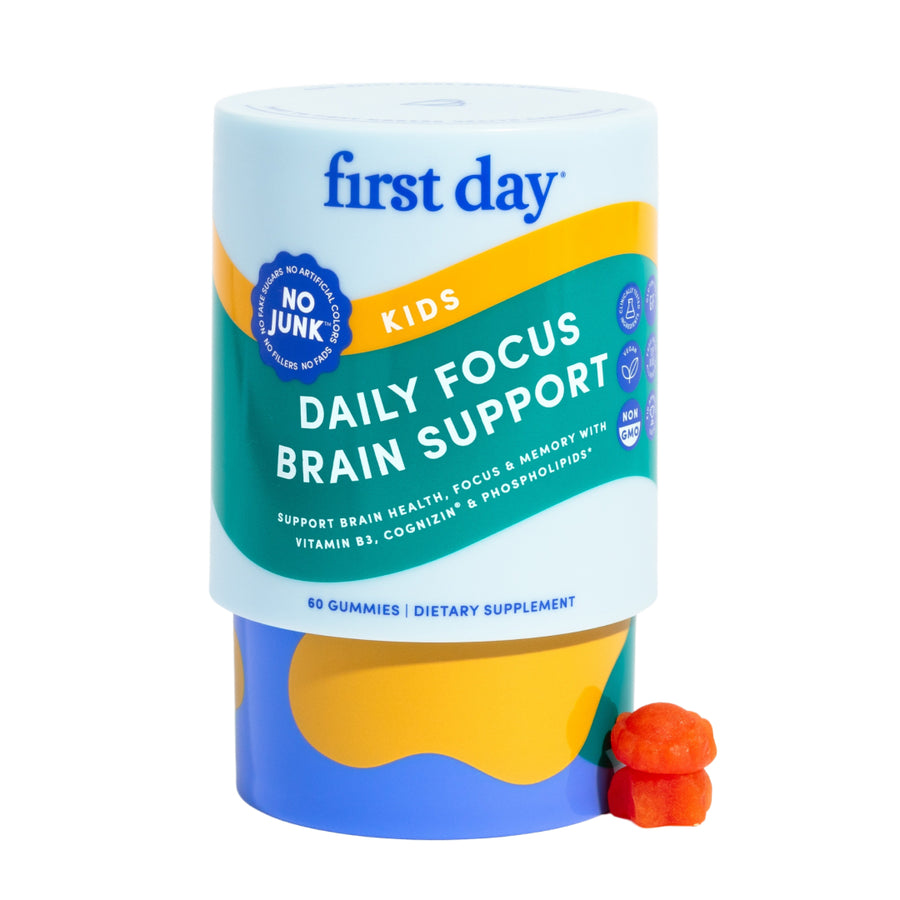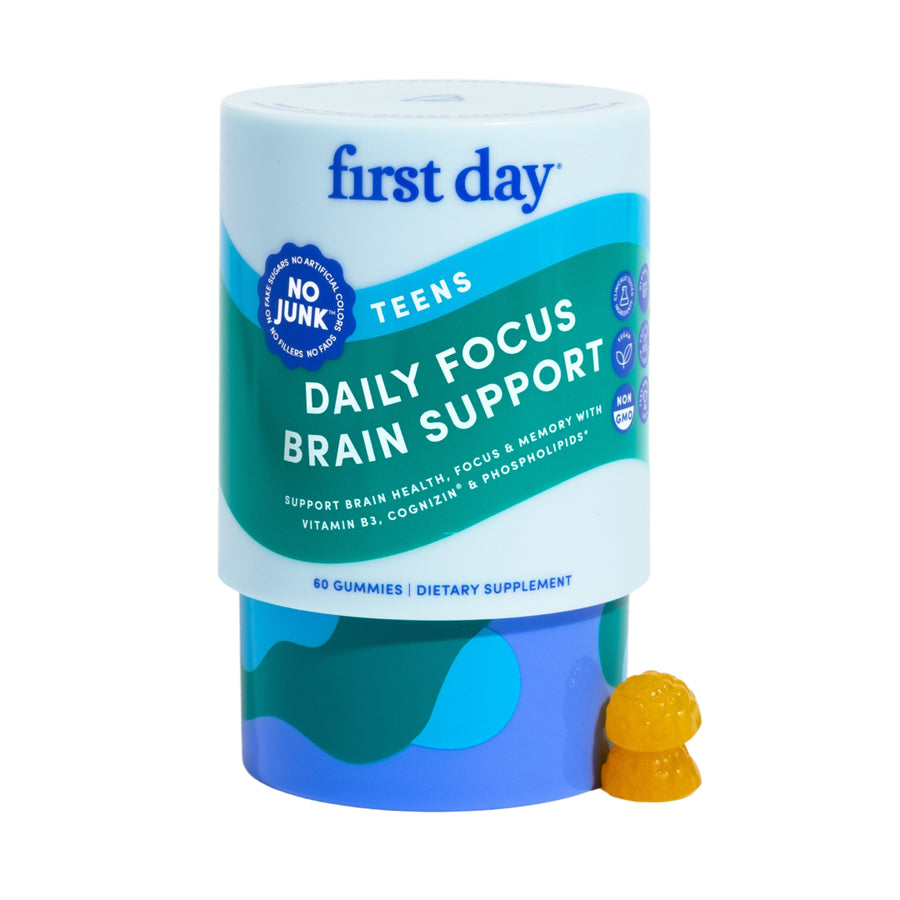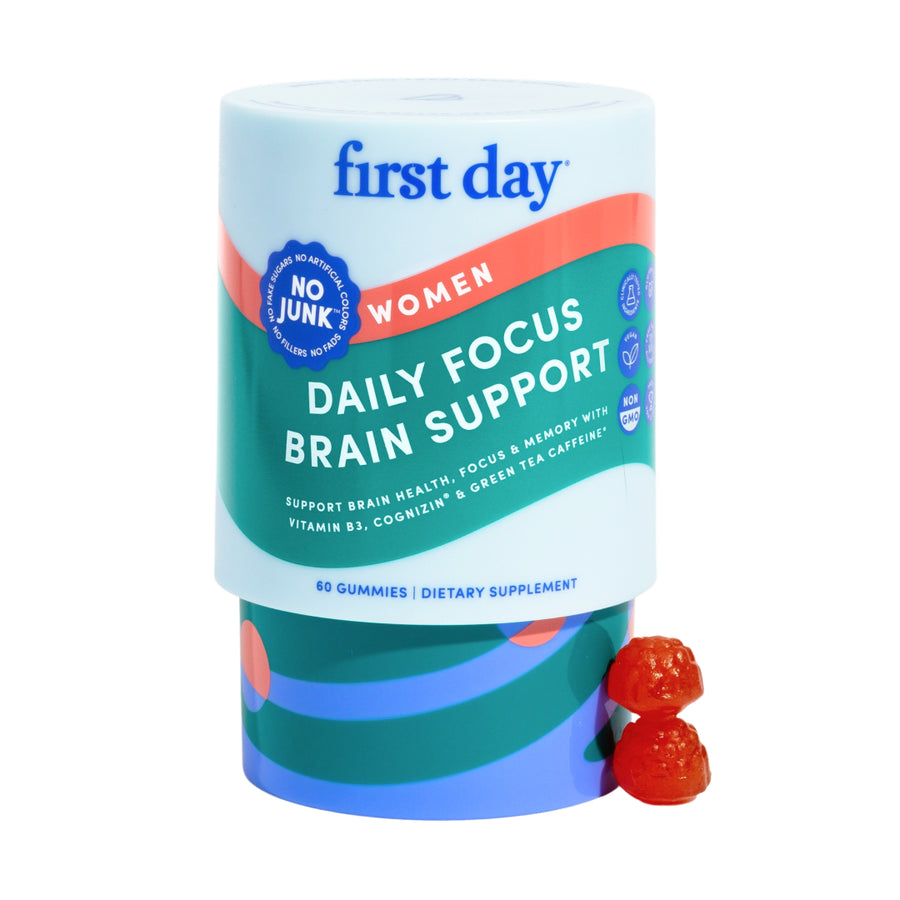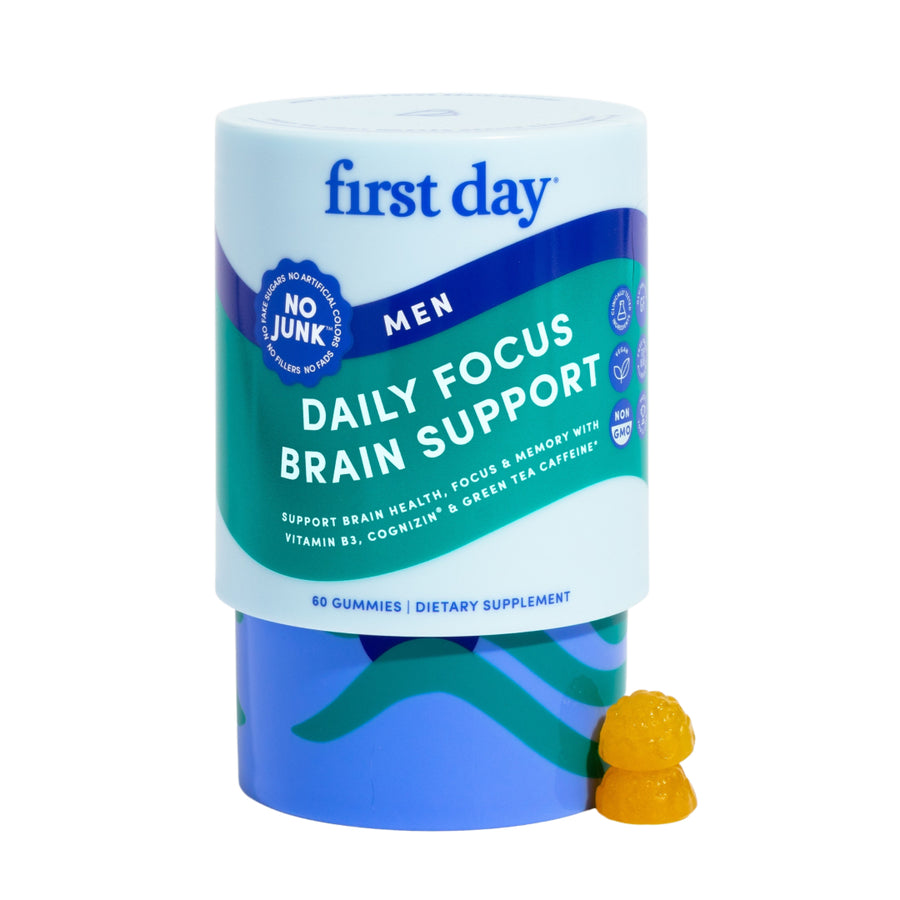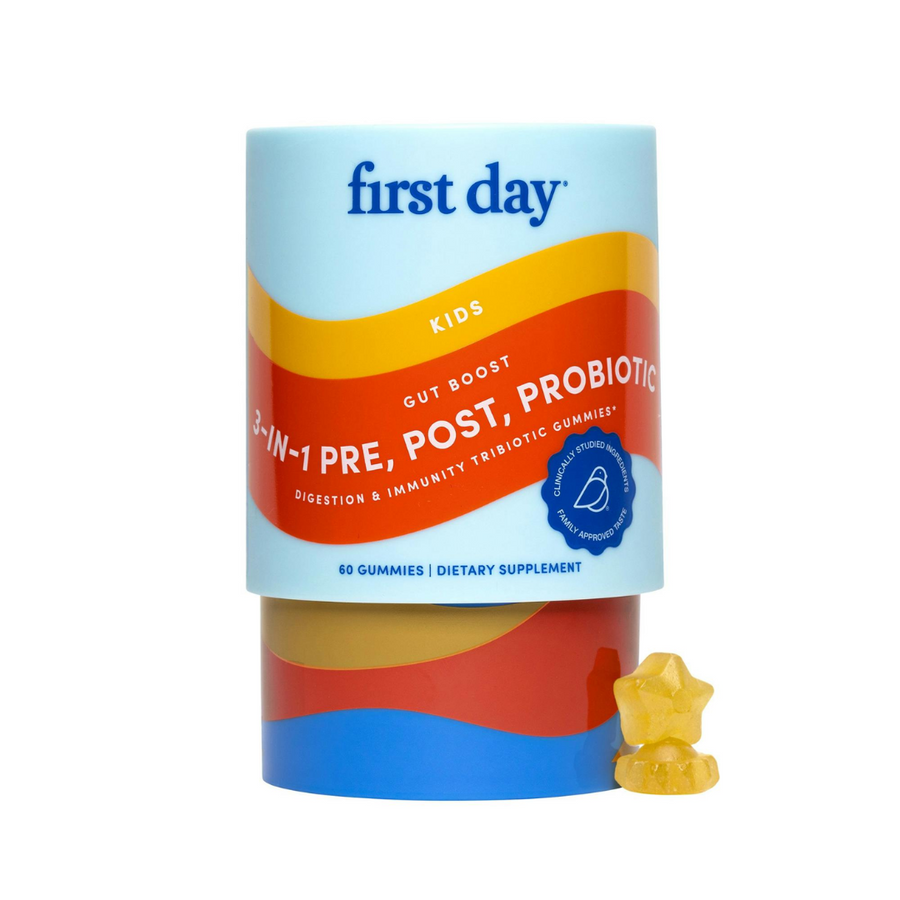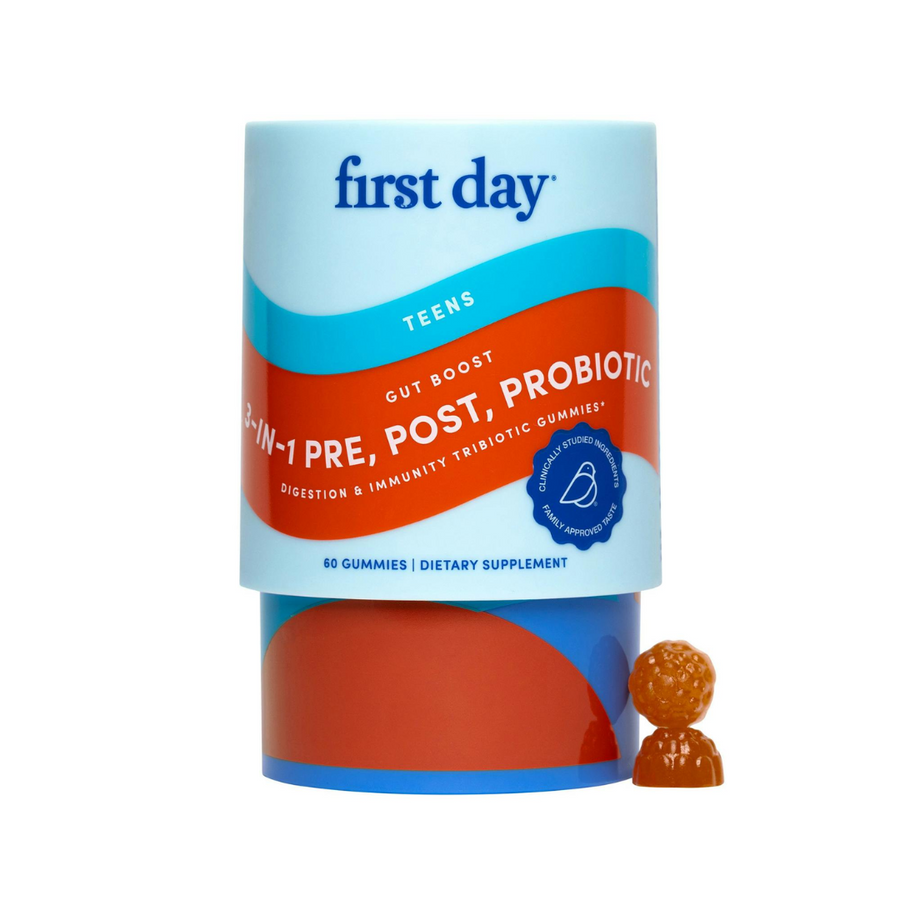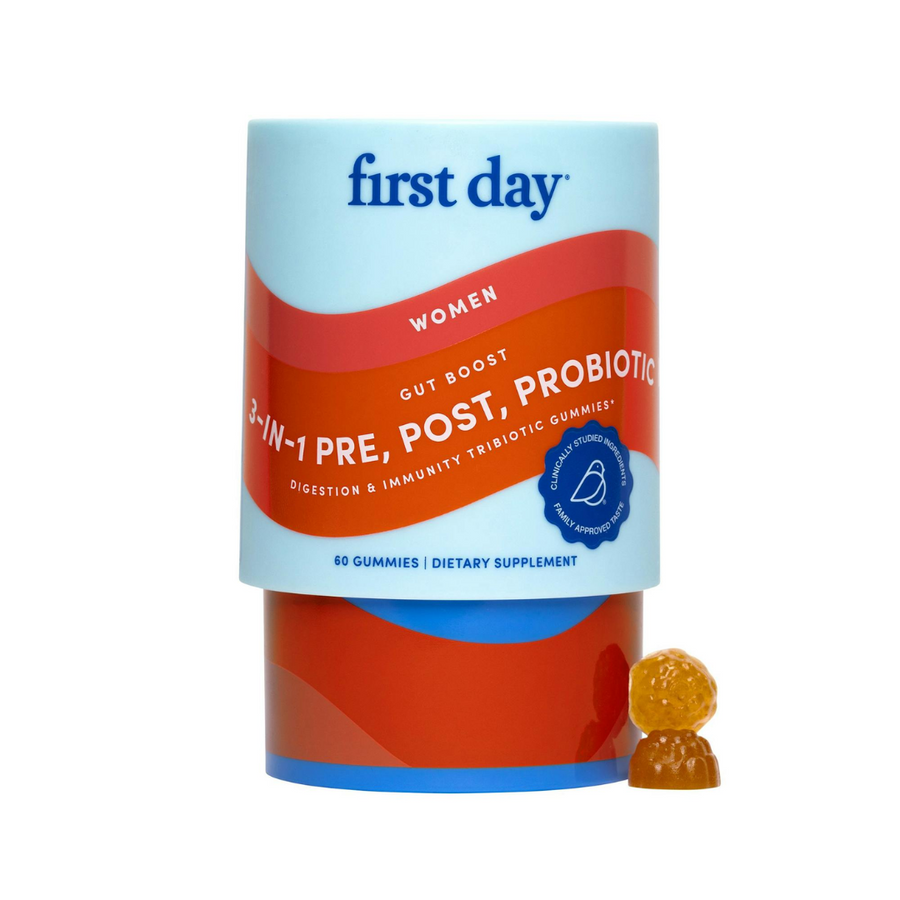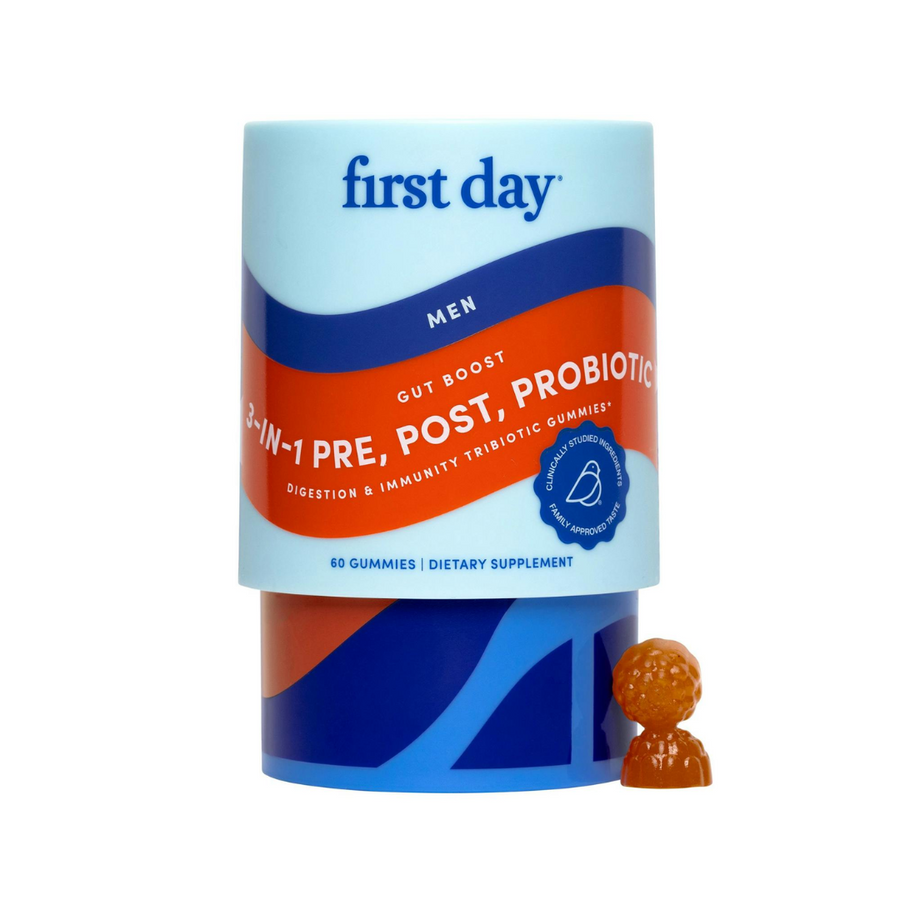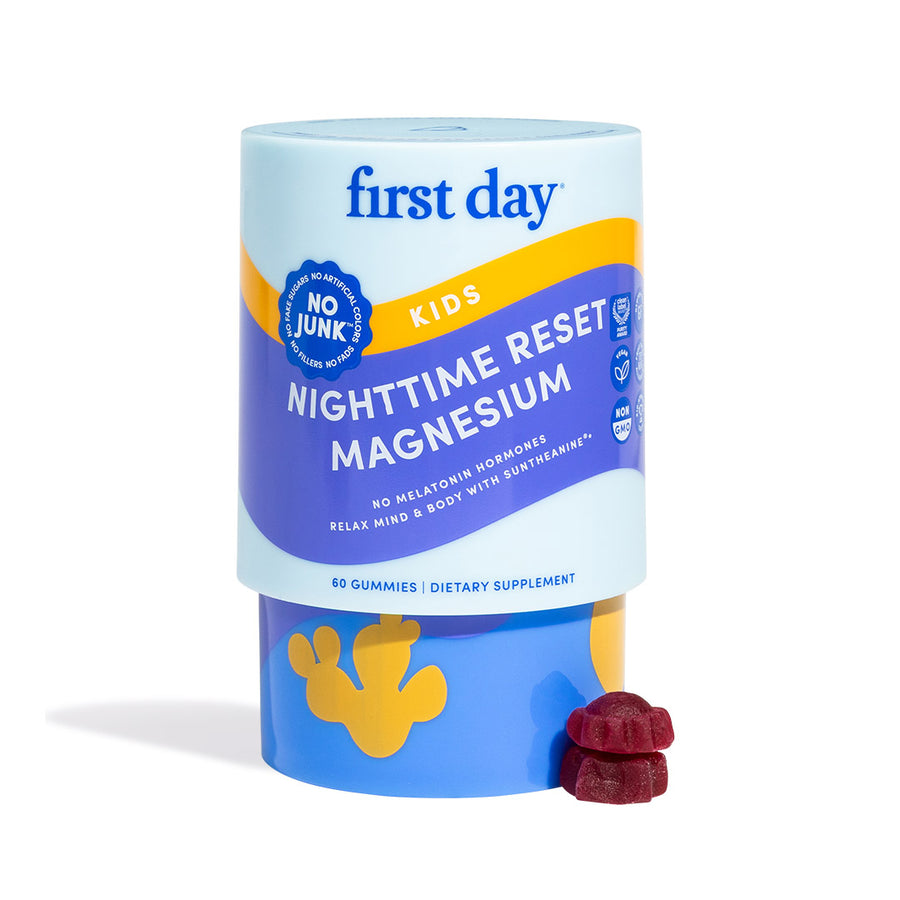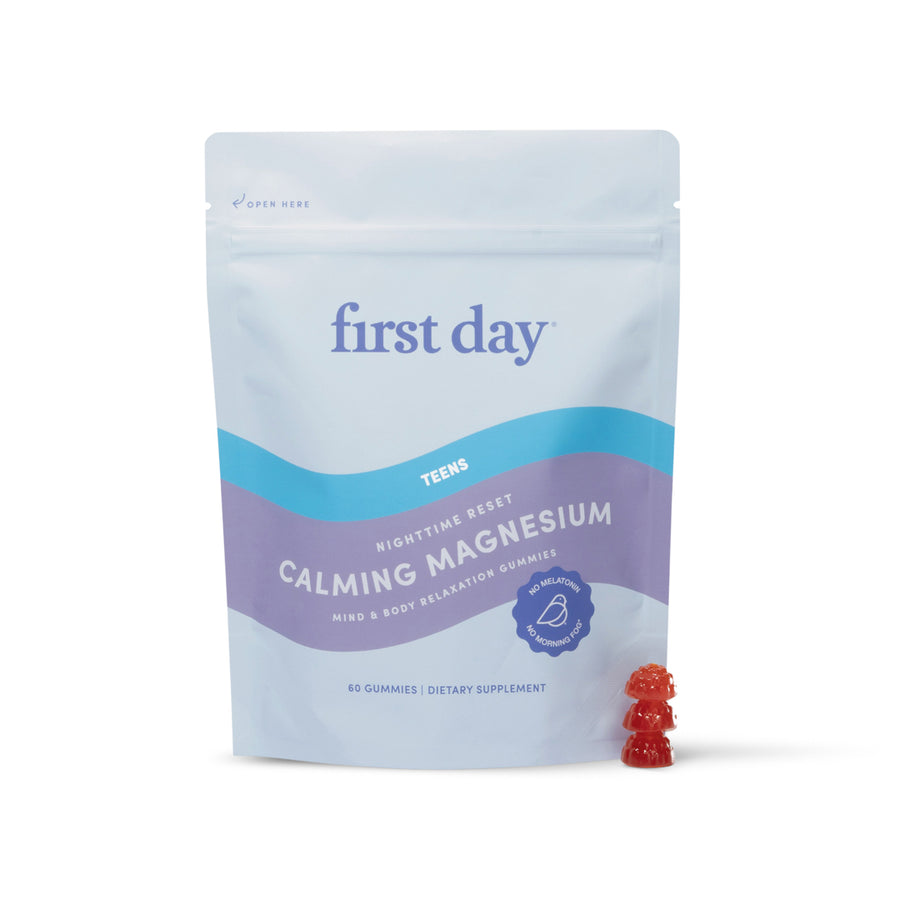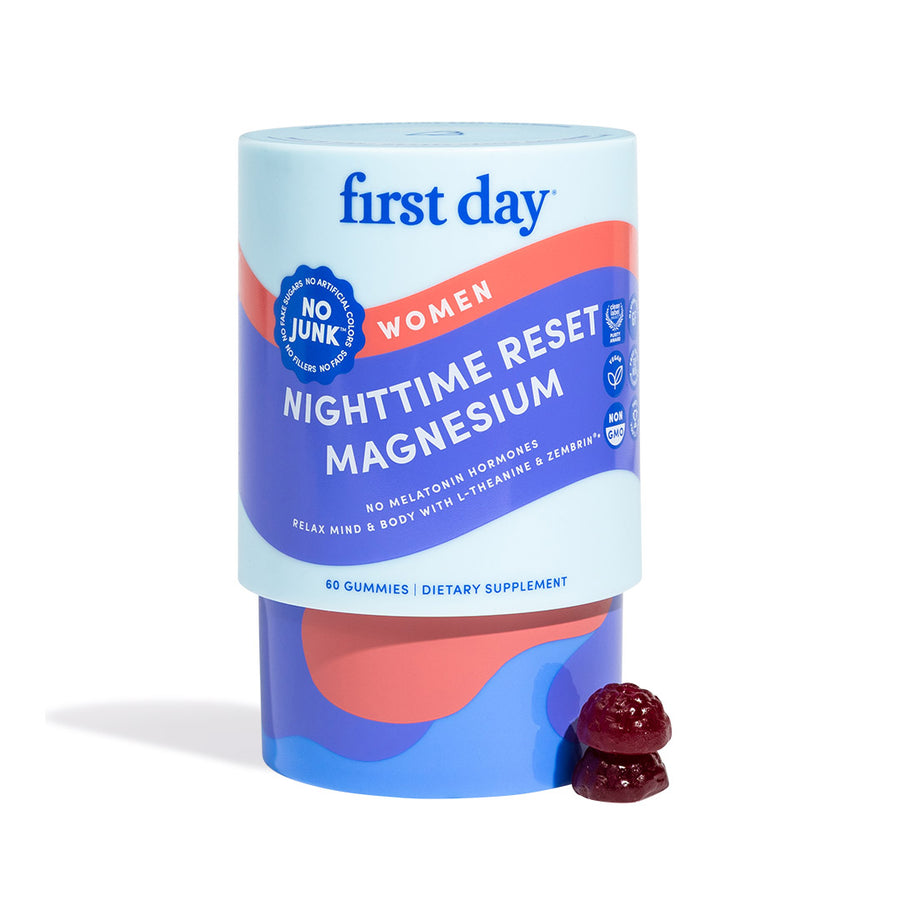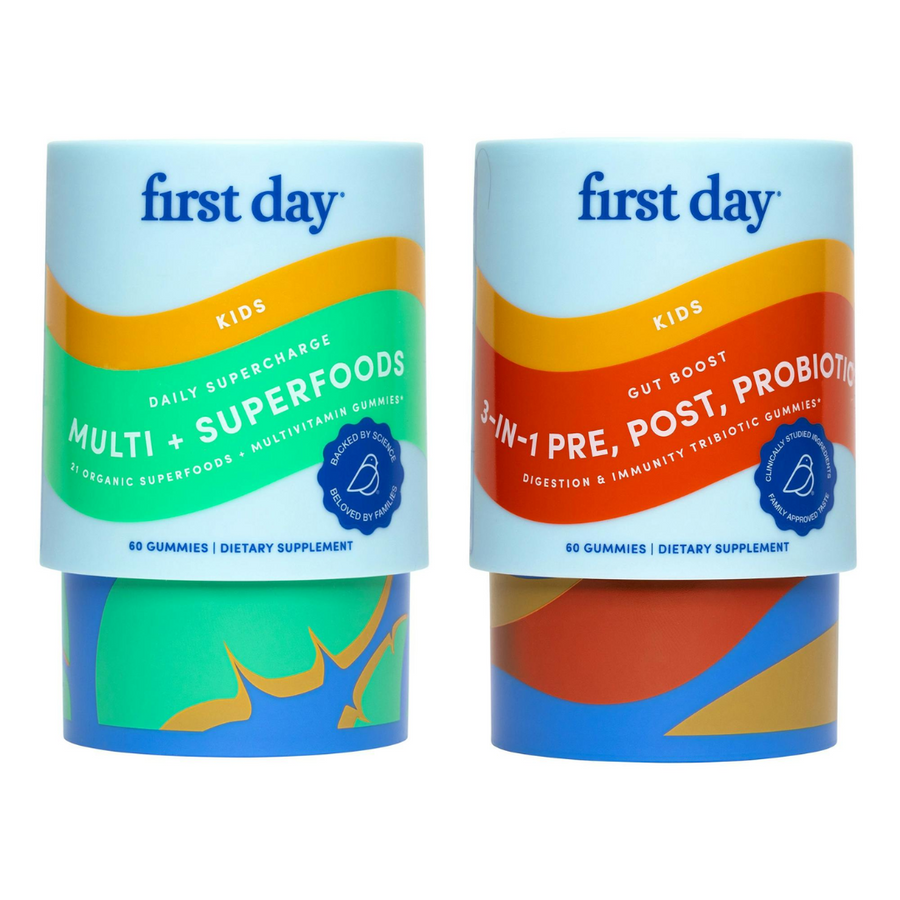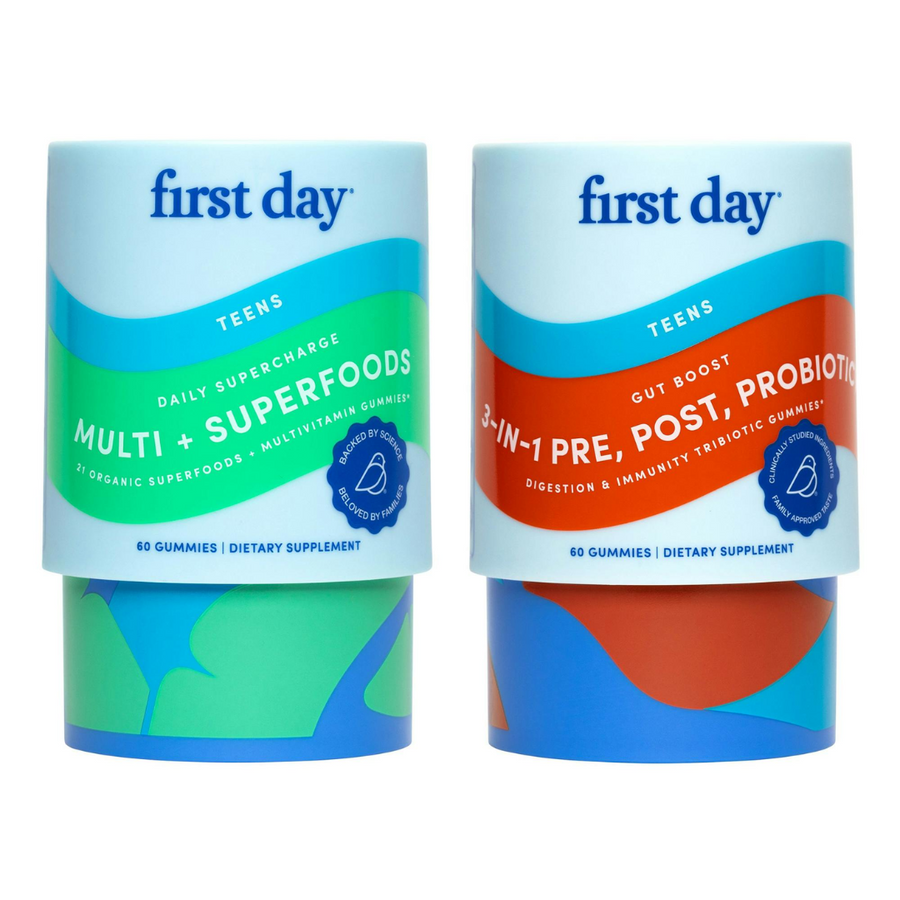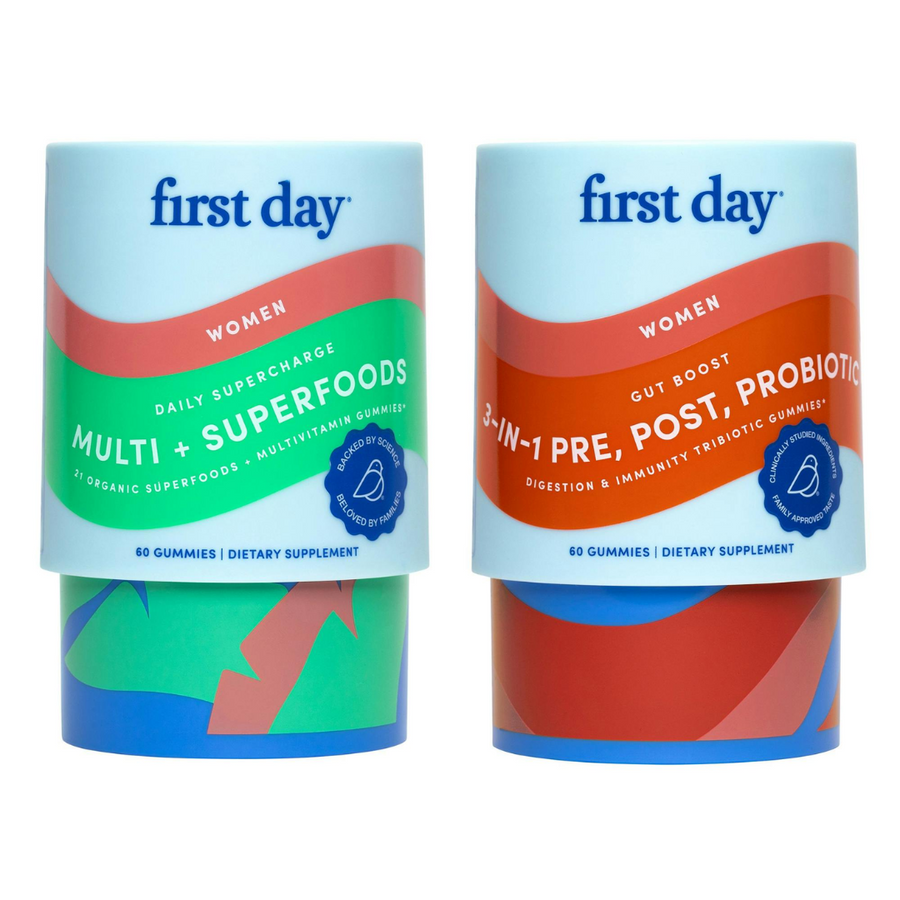With the global health supplement market reaching an astonishing $164.0 billion in 2022, it's no wonder that more and more of us are embracing the power of multivitamins to enhance our health and well-being.
And here’s why…
Micronutrients - tiny health crusaders like vitamins and minerals are essential for our body's proper functioning. Yet our daily diets often fall short of providing the necessary amounts.
Lucky for us, this is where supplements run in, filling our nutritional gaps and delivering a quick, convenient way to maintain a balanced diet. However, the question remains: is it better to take a multivitamin or individual vitamins?
Join us as we dive deeper into this fascinating debate of whether it is better to take a multivitamin or individual vitamins and reveal the truth behind this vitamin showdown.
Multivitamins vs. Individual Vitamins: The Basics
With any showdown, we have two contenders. Let us first introduce our opponents: multivitamins and individual vitamins.
What are Multivitamins?
Think of multivitamins as the Swiss Army knife of the supplement world. They pack in a cocktail of different vitamins and minerals, all essential for our body, in one 'catch-all' capsule. It's like a mini nutrient party with guests ranging from Vitamin A to Zinc, each bringing their unique flavor to the mix.
Though the guest list varies by brand, a standard multivitamin supplement typically boasts a team of 13 vitamins (A, C, D, E, K, B Vitamins) and a few essential minerals. According to a study by Oregon State University, multivitamins are a great way to combat deficiencies in nutrients like Vitamin D.
That said, the 'one size fits all' approach is not without its challenges. The nutrient ratios aren't tailored to individual needs, which could lead to an excess of some nutrients and a deficit of others.
Individual Vitamins: Nailing the Specifics
Let's flip the script and talk about individual vitamins. They are supplements crafted to deliver a single vitamin or mineral to match your specific needs. Unlike multivitamins, they allow for more control over what and how much you're supplementing with.
Say you find out you're running low on iron. You can grab an iron-only supplement, and you're good. It's a laser-focused strategy, right on target. But remember, you’ve got to know what your body needs so you can target it.
Here's a fun fact from the National Institutes of Health: a whopping 42% of us Americans are not getting enough Vitamin D. So if you're part of that statistic, a solo Vitamin D supplement might serve you better than a multivitamin that doesn't deliver the Vitamin D in the right amount.
But, all in all, this is only the beginning. You still need to consider other factors to find a clear winner.
Is It Better to Take a Multivitamin or Individual Vitamins: The Showdown

Now, let's get into the nitty-gritty of this thrilling vitamin face-off. We'll break down the pros and cons of each contender in these key areas.
Dosage Consistency
So, here's the deal - multivitamins come in a mixed package, which is cool for most people. But things get a bit tricky when it comes to managing the exact dosage needs of each individual.
You see, the Recommended Daily Allowance shows that different age groups and genders have different vitamin and mineral requirements. Like, women need more iron, while men need more zinc. And that's where multivitamins sometimes fall short.
Individual vitamins, on the other hand, allow for a precise dosage tailored to each person's needs. But, you still have to double-check the labels. Since, at times, individual vitamins tend to offer higher doses than the daily nutritional value.
While some multivitamin brands struggle with dosage inconsistency, especially when tailoring to specific age groups, First Day stands head and shoulders above the rest.
Our gummy vitamins are carefully crafted to meet the unique nutritional needs of each age group. No matter your age, we've got you covered with the right nutrients in just the right amounts. Because you deserve the best, right?
Discover First Day Multivitamins and Achieve Your Health Goals!
Convenience
When it comes to convenience, multivitamins win hands down. After all, who wouldn't fancy getting a cocktail of nutrients in just one gummy vitamin? It saves you the hassle of juggling multiple bottles, remembering different intake schedules, and the potential risk of overdoing it with one supplement while neglecting another. This 'one-gummy-fits-all' approach is a key reason why multivitamins are the most popular dietary supplement among US adults.
Individual vitamins, though, require more work. You need to know exactly which nutrients you're deficient in and keep track of all the different pills or gummies. It can feel a bit like spinning plates. But hey, if you're keen on a personalized nutrition plan and don't mind the extra effort, individual vitamins could be your best bet.
Just make sure to speak with your doctor first before starting any supplements,
Overconsumption Risks
Sure, individual vitamins give you control, but they also open up the door to overconsumption risks. You might be thinking, "More vitamins, more health, right?"
Not quite.
Overconsumption can be hazardous. For instance, an overload of Vitamin A can cause nausea and dizziness while excessive iron can lead to constipation.
Multivitamins, designed with a balance in mind, help steer clear of such risks. They typically contain vitamins and minerals in quantities that are safe and beneficial for the average person. This also makes them a safer bet for those unsure of their exact needs.
Furthermore, multivitamins bring an element of simplicity to the table. It can be overwhelming to constantly research and monitor your body's exact nutritional needs. Multivitamins take the guesswork out of the equation, providing a well-rounded supplement that meets a broad spectrum of nutritional requirements. With multivitamins, you can breathe easy knowing you're getting a balanced blend of nutrients without the potential for overdoing it.
For instance, at First Day, we take pride in formulating our multivitamins with the perfect balance of vitamins and minerals to suit your daily needs. No guesswork is needed – just results.
Discover First Day Multivitamins and Achieve Your Health Goals!
Absorption and Bioavailability
When we talk about absorption and bioavailability, we're looking at how effectively your body can take in and use the vitamins and minerals.
This is where multivitamins really shine.
They're carefully formulated to include nutrients that support each other's absorption. For example, Vitamin D helps your body absorb calcium. So, in a multivitamin, these are paired up, meaning they work together like a well-oiled machine to enhance your body's ability to use them.
On the flip side, if you choose to take individual vitamins, you have to be careful. You'd need to know which vitamins and minerals complement each other and take them together for effective absorption.
So, if you're not a nutrition expert or don't want to spend your time researching all these fine details, a multivitamin could be the more practical choice.
For example, First Day's multivitamins are cleverly designed to maximize absorption and bioavailability. We've done the work for you, carefully selecting the ingredients in their best forms to ensure you get the most out of each gummy. Then, we rigorously test our gummy multivitamins, not just once, not twice, but a solid three times to ensure they are at peak potency, delivering optimal benefits for your health.
With First Day, you can rest assured knowing that your body is receiving and utilizing a wide range of necessary nutrients efficiently and effectively.
Discover First Day Multivitamins and Achieve Your Health Goals!
Controversies and Misconceptions
Now, let's shift gears and tackle some of the controversies and myths surrounding multivitamins and individual vitamins. These will let us better answer the question, is it better to take a multivitamin or individual vitamins?
- The All-in-One Solution Myth: Many tend to perceive multivitamins as a one-stop shop for all their nutritional needs. While it's true that multivitamins provide a broad range of essential nutrients, they're not designed to replace a balanced diet. According to a study, multivitamins should complement a healthy lifestyle, not substitute for a nutritious, varied diet.
- The Instant Results Myth: Some people expect immediate results after taking supplements. But, vitamins, be they multivitamins or individual ones, are not magic. Their benefits tend to manifest over a prolonged period of consistent use. Patience is key when it comes to reaping their full benefits.
Striking a Healthy Balance

Sure, individual vitamins or multivitamins are handy and serve a massive purpose, but let's not forget about good ol' nutrient-packed foods. They are nature's original multivitamins. For instance, an orange isn't just about Vitamin C, it's also packing fiber, potassium, and other goodies that promote health. They don't replace the whole assortment of nutrients that food delivers, which is why we say you can't beat nature at its game!
But hold on!
We're not saying you have to pick a side. It's not an "either-or" situation.
It's about striking a balance between nutrient-rich foods and smart supplementation to nail that optimal health. Even with all the colors of the rainbow on your plate, you might miss out on some nutrients due to diet restrictions, health issues, or just the crazy hustle-bustle of everyday life.
That’s when supplements can swoop in to cover your bases, acting like a safety net, but not a replacement for a healthy, balanced diet. After all, it's called "supplementation" for a reason.
Is It Better to Take a Multivitamin or Individual Vitamins?: The Winner!
So, what's the answer to the burning question: "Is it better to take a multivitamin or individual vitamins?"
Truth be told, it's not a one-size-fits-all answer. It comes down to your personal health needs, lifestyle, and dietary habits.
But... if we had to pick one, we'd say a high-quality multivitamin, like First Day's gummy multis, would be the clear winner.
Why?
Because we deliver a blend of vitamins that have been carefully curated for maximum absorption and efficiency. Plus, you don't have to stress about researching what vitamins should be paired together or which form is best for optimal absorption.
So, ready to up your vitamin game and achieve your health goals?
Drake, V. (2019, April 13). Micronutrient Inadequacies in the US Population: an Overview. Linus Pauling Institute. https://lpi.oregonstate.edu/mic/micronutrient-inadequacies/overview
National Institutes of Health. (2023, September 18). Vitamin D. Nih.gov. https://ods.od.nih.gov/factsheets/VitaminD-HealthProfessional/
National Institute of Health. (2019). Nutrient Recommendations and Databases. Ods.od.nih.gov. https://ods.od.nih.gov/HealthInformation/nutrientrecommendations.aspx
Coad, J., & Conlon, C. (2011). Iron deficiency in women: assessment, causes and consequences. Current Opinion in Clinical Nutrition and Metabolic Care, 14(6), 625–634. https://doi.org/10.1097/MCO.0b013e32834be6fd
Fallah, A., Mohammad-Hasani, A., & Colagar, A. H. (2018). Zinc is an Essential Element for Male Fertility: A Review of Zn Roles in Men’s Health, Germination, Sperm Quality, and Fertilization. Journal of Reproduction & Infertility, 19(2), 69–81. https://www.ncbi.nlm.nih.gov/pmc/articles/PMC6010824/
Reliability Reigns for Vitamin & Mineral Supplements. (n.d.). Nutraceuticals World. Retrieved December 11, 2023, from https://www.nutraceuticalsworld.com/issues/2018-01/view_features/reliability-reigns-for-vitamin-mineral-supplements/
Olson, J. M., & Goyal, A. (2020). Vitamin A Toxicity. PubMed; StatPearls Publishing. https://www.ncbi.nlm.nih.gov/books/NBK532916/
Parvataneni, S., & Maw, M. (2020). Ileus Due to Iron Pills: A Case Report and Literature Report on the Importance of Stool Softeners. Cureus, 12(6). https://doi.org/10.7759/cureus.8392
Branch, N. S. C. and O. (2023, May 5). Calcium and Vitamin D: Important for Bone Health. National Institute of Arthritis and Musculoskeletal and Skin Diseases. https://www.niams.nih.gov/health-topics/calcium-and-vitamin-d-important-bone-health
Ward, E. (2014). Addressing nutritional gaps with multivitamin and mineral supplements. Nutrition Journal, 13(1). https://doi.org/10.1186/1475-2891-13-72

